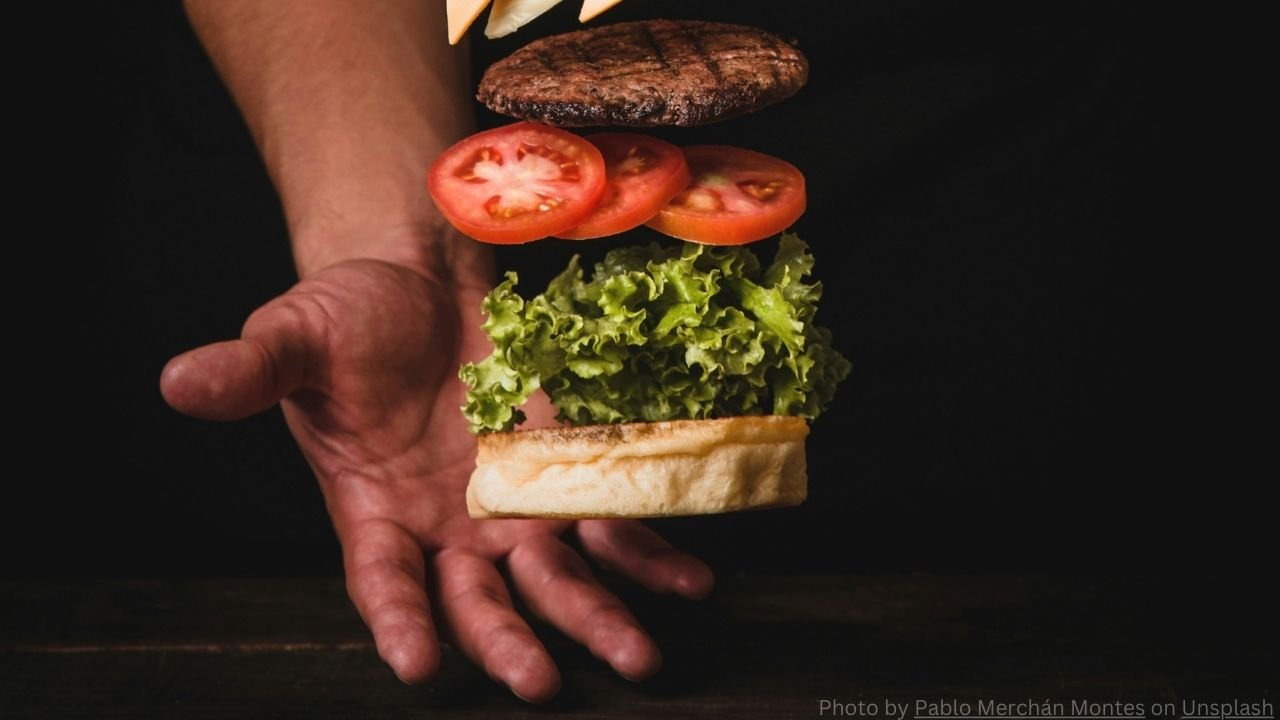Food Poisoning and Treating food poisoning:
The duration of food poisoning can vary depending on the specific pathogen responsible for the illness, the individual’s health condition, the amount of contaminated food consumed, and how quickly medical treatment is sought.
Here’s a step-by-step breakdown of how long food poisoning may last:
1. Onset of Symptoms:
– Symptoms commonly initiate within a span of a few hours to a few days following the consumption of contaminated food. Typical manifestations encompass nausea, vomiting, diarrhea, abdominal cramps, and occasionally, fever.
2. Type of Pathogen:
– The type of bacteria, virus, or parasite causing the food poisoning can influence the duration.
– Bacterial infections like Salmonella or E. coli may have an onset within 6 to 72 hours and can last anywhere from a few days to a week or more.
– Viral infections like norovirus can have a rapid onset (within 12 to 48 hours) and may last from one to three days.
3. Severity of Symptoms:
– The severity of symptoms varies from mild to severe.
– Mild cases may resolve on their own without medical intervention, while severe cases may require medical attention.
4. Duration of Diarrhea and Vomiting:
– Diarrhea and vomiting are common symptoms and may persist for a few days.
– Staying hydrated is crucial during this period to prevent dehydration.
5. Recovery Time:
– Many cases of food poisoning resolve within a few days to a week.
– Complete recovery may take longer, especially if complications arise or if the individual has an underlying health condition.
6. Medical Attention:
– Seeking medical attention is important if symptoms are severe, prolonged, or if there are signs of dehydration, such as decreased urine output, dizziness, or extreme thirst.
– Certain groups, such as the elderly, infants, pregnant women, and individuals with weakened immune systems, are at a higher risk of severe complications and should seek medical care promptly.
7. Treatment:
– Managing the condition might involve replenishing fluids and electrolytes through rehydration.
– In some cases, antibiotics may be prescribed, but they are not effective against all types of food poisoning.
Read more: 15-olive-oil-health-benefits
8. Resolution of Symptoms:
– As the body fights off the infection, symptoms gradually subside.
– After the acute phase, individuals may continue to feel fatigued for some time.
9. Return to Normal Diet:
– Gradual reintroduction of a normal diet is recommended after the acute phase, starting with easily digestible foods.
It’s important to note that if symptoms persist or worsen, or if there are concerns about the severity of the illness, seeking medical advice is crucial. Additionally, practicing good food hygiene and handling practices can help prevent food poisoning in the first place.
Here are general guidelines on how to treat food poisoning:
Treating food poisoning typically involves managing symptoms, preventing dehydration, and allowing the body to recover from the effects of the contaminated food.
1. Stay Hydrated:
– Rehydration is crucial to replace fluids lost through vomiting and diarrhea.
– Drink small sips of clear fluids like water, electrolyte solutions, oral rehydration solutions, or sports drinks.
– Avoid caffeinated or alcoholic beverages, as they can contribute to dehydration.
2. Electrolyte Replacement:
– Consuming electrolyte-rich solutions or drinks helps restore the balance of essential minerals in the body.
3. Gradual Reintroduction of Food:
– Begin with bland, easily digestible foods such as rice, bananas, plain crackers, and toast (BRAT diet).
– As symptoms improve, gradually reintroduce a normal diet.
4. Avoid Certain Foods:
– Avoid dairy products, spicy foods, fatty foods, and caffeine until your stomach has fully recovered.
5. Rest:
– Allow your body to rest to promote healing.
– Refrain from engaging in strenuous activities while you are symptomatic.
6. Medications:
– Anti-diarrheal medications may help alleviate symptoms, but they are not always recommended, especially if there is concern about slowing down the elimination of the toxin.
– Consult with a healthcare professional before taking any over-the-counter medications.
7. Medical Attention:
– Seek medical attention if symptoms are severe, persistent, or if there are signs of dehydration (such as dark urine, dizziness, or extreme thirst).
– Individuals with weakened immune systems, the elderly, pregnant women, and infants should seek medical advice promptly.
8. Antibiotics (if prescribed):
– If the cause of food poisoning is bacterial and a bacterial infection is confirmed, antibiotics may be prescribed by a healthcare professional.
9. Hospitalization (in severe cases):
– In severe cases of food poisoning, hospitalization may be necessary for intravenous (IV) fluids and additional medical care.
10. Prevent Recontamination:
– Adopt proper hygiene practices to minimize the risk of infection transmission to others.
– Ensure thorough handwashing after using the bathroom and before dealing with food.
Always consult with a healthcare professional for personalized advice, especially in cases of severe or prolonged symptoms. Additionally, preventive measures such as safe food handling and hygiene practices can help reduce the risk of future instances of food poisoning.

